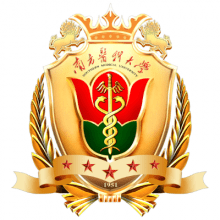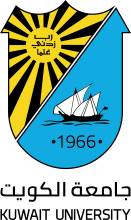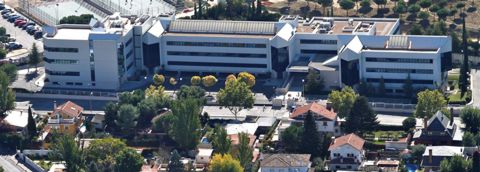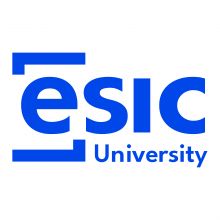About University of Gdańsk
Formed as the result of a merger between the Higher Economics School in Sopot and the Higher Pedagogical School in Gdańsk, the University of Gdańsk (UG) was officially founded in 1970. It also later included the Higher Teacher Training School and has now become the largest educational establishment in the Pomerania region.
There are 11 faculties at UG and it has gained recognition across Poland for its study of biology, biotechnology, economic sciences, law, psychology, pedagogy, quantum physics, oceanography and chemistry. It also leads an important centre for the study of the Kashubian language, a Pomeranian dialect belonging to the Lechitic subgroup.
UG’s buildings and scientific research stations cover a large swathe of the Polish coast, spreading from Gdańsk to the Hel Penisula. The majority of its faculties are located in the metropolitan areas of Gdańsk, Gdynia and Sopot (known collectively as Trójmiasto). The majority of the students and staff members are based at the Gdańsk Oliwa Campus.
The university’s marine facilities – the Hel Marine Station of the Institute of Oceanography, the Bird Migration Research Station and the Biology Station – have gained a reputation internationally. Known for its research into the protection of life in the Baltic Sea, the Hel Marine Station works to restore threatened species like the grey seal and the harbour porpoise.
The University of Gdańsk has established links with some 120 university-level institutions across Europe and around the world.
Notable alumni include Donald Tusk, former Prime Minister of Poland and the President of the European Council.
Explore these featured universities
Explore rankings data for University of Gdańsk
Compare universities on their key stats
Key statistics
- 12.0No. of students per staff(1)
- 2%Percentage of International Students(1)
- 65 : 35Student Ratio of Females to Males(1)
- 27%Proportion of ISR Publication(1)
- 18,961Number of FTE Students(1)
Subjects taught at University of Gdańsk
Social sciences
- Geography
- Sociology
- Communication & Media Studies
- Politics & International Studies (incl Development Studies)
Arts & humanities
- Archaeology
- Languages, Literature & Linguistics
- History, Philosophy & Theology
Psychology
- Psychology
Physical sciences
- Mathematics & Statistics
- Geology, Environmental, Earth & Marine Sciences
- Chemistry
- Physics & Astronomy
Business & economics
- Accounting & Finance
- Economics & Econometrics
- Business & Management
Computer science
- Computer Science
Law
- Law
Life sciences
- Biological Sciences
Education
- Education










